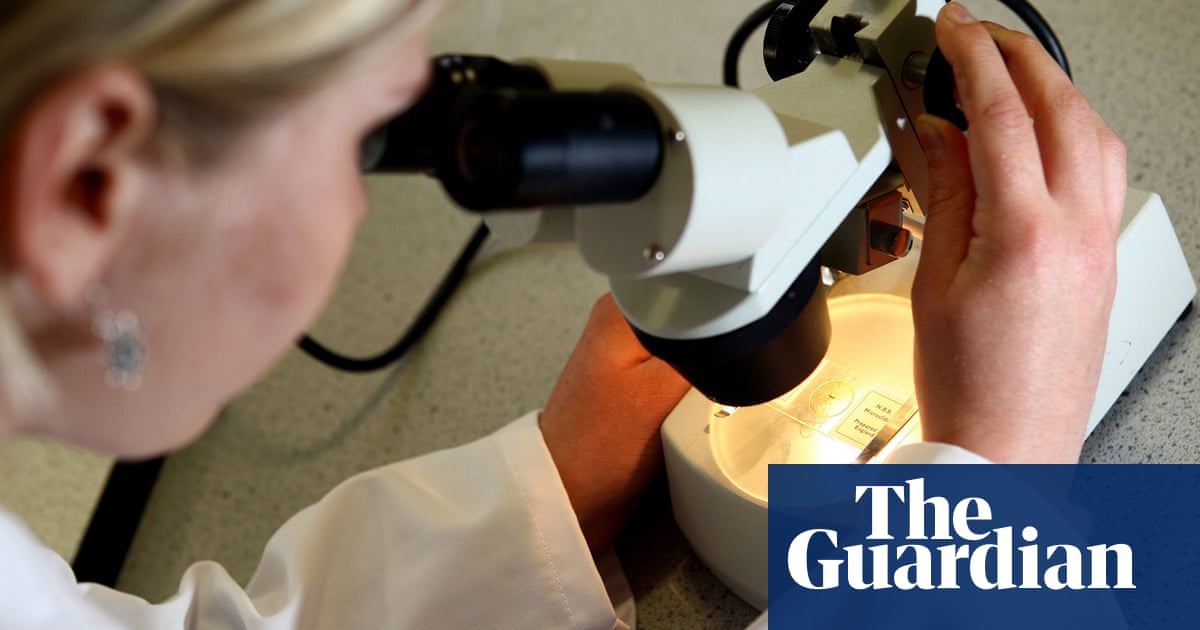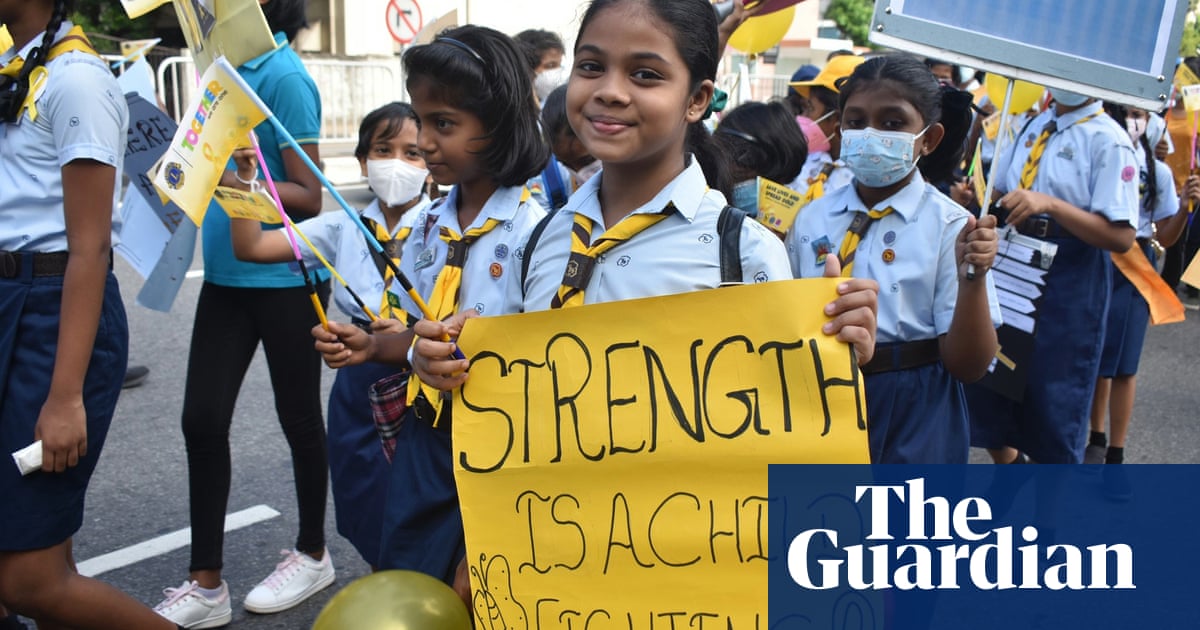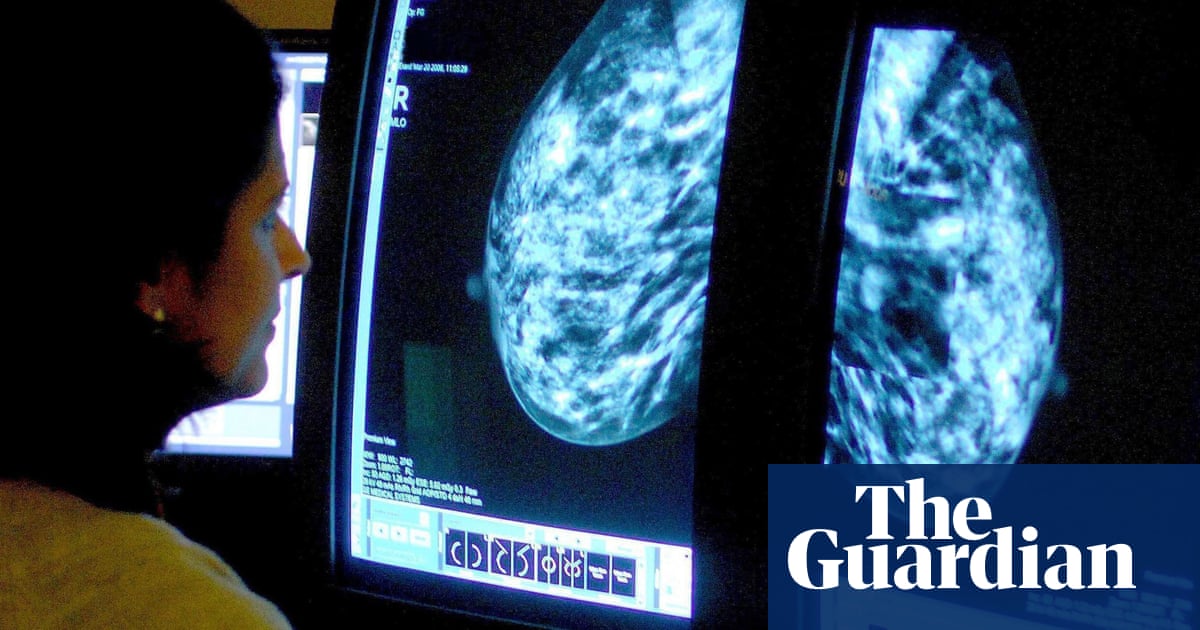
Children and young people with cancer face a postcode lottery for services to preserve their fertility, a damning report has revealed.
Treatments for childhood cancer have improved dramatically over the past 50 years, and more than 80% of patients will live for decades. However, one in five are likely to experience fertility problems as adults as a result of the disease or treatment.
There is clear international consensus that help should be provided to cancer patients at risk of losing their fertility. Clinical guidelines recommend freezing or storage of ovarian tissue or eggs, and testicular tissue or sperm is offered to children and teenagers whose fertility may be impaired.
But research, published in the journal Archives of Disease in Childhood, has discovered wide variation in the provision and availability of funding for these services across the UK. Researchers are now calling for centralised NHS funding to ensure equitable provision.
“Urgent action is required to ensure that NHS funding is available for all to provide the appropriate security and hope for these individuals while permitting delivery of accepted and NHS mandated standards of care,” said the lead author, Prof Adam Glaser, a specialist in paediatric and adolescent oncology at Leeds teaching hospitals NHS trust.
“It is essential that all young people with cancer have access to optimal and internationally recognised best practice.”
Researchers investigated access to fertility services and funding arrangements for these treatments at the 20 paediatric cancer units of the UK. The study involved a survey of experts from the units.
Of the 18 centres that replied to the survey, every one had referred at least some patients for fertility preservation in the previous 12 months. But not one of the centres in the Midlands and east of England had referred a patient for mature egg storage, while only one in four in the south of England, half in the north of England, and six out of 10 of centres located in the devolved nations, had done so.
Three in four centres in the north of England, eight of 10 in the south of England and devolved nations, and all the centres in the Midlands and east of England had referred one or more patients for testicular tissue storage.
Those centres that were aware of their funding source said sperm freezing was funded by the NHS. But only nine centres reported the same for mature egg storage.
Half said ovarian and testicular tissue storage had to be funded by charities. Centres in England were much more likely to report this than those in the rest of the UK.
Among all patients estimated to have been referred for some form of fertility preservation during the previous 12 months, about one in five had reportedly relied on funding from charitable sources.
“Inequality exists in provision of fertility preservation for children with cancer across the UK,” the researchers concluded. “There is lack of formalised government funding to support international guidelines, with resultant geographical variation in care.”
They added: “There is heavy reliance on charitable funding, particularly in England, compared with the other countries of the UK. Centralised NHS funding should be made available to ensure equitable provision of fertility preservation services and delivery of internationally acknowledged quality standards to all young people with cancer across the UK.”












